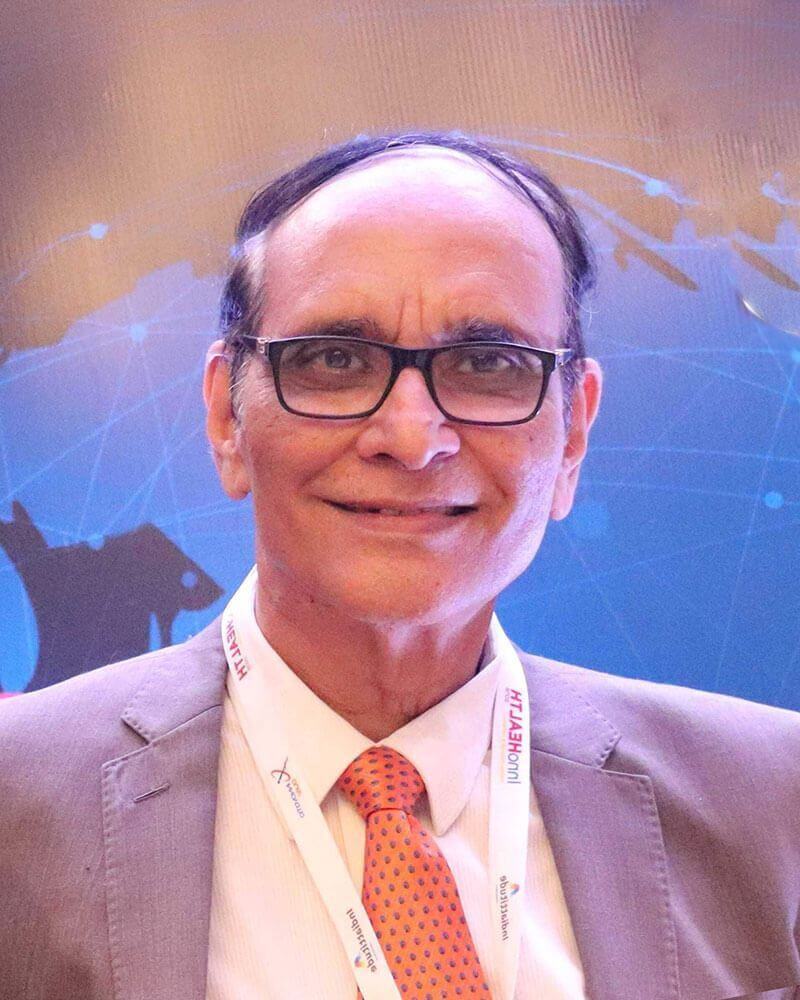
A legal national framework was created in 2005 by an act which created National Disaster Management Authority (NDMA). The act was the result of catastrophe created during Bhuj earthquake and later Tsunami. It has been invoked first time to handle COVID, the question is are we prepared to handle mass casualties. It is matter of concern that many functionaries have not even read guidelines by NDMA and not done any gap analysis for improvement during past many years of its creation and now doing crisis management of unprecedent scale. Disaster does not require only clinical management but is more of management problem. The present disaster has been declared as National disaster because of its magnitude, thorough introspection is to be done of its management and improve our failures and should also learn from best practices and failures of other countries.
There is need to practice regularly tabletop exercises, mock drills to update our system and make all functionaries aware of their role and responsibilities. The guidelines and mock drills conducted by NDMA to find gaps revealed many startling facts like Gurgaon did not have blood bank in 2007 and on investigations it was revealed that 27 districts in India do not have such facilities, similarly Gurgaon did not have ladder with fire brigade to extinguish fire in high rise buildings. Gautam Budh Nagar (NOIDA) did not have district hospital. We had Japanese encephalitis cases in UP killing many children, did we learn and took actions to update system except knee jerk reactions on occurrence and blame each other.
In case we have to handle mass causalities our day to-day system should be perfect with enough reserves. We must rely on govt hospitals to deliver quality healthcare and to handle mass causalities at optimum cost. Health leadership must be updated on management issues and should be made accountable and answerable. Health is state subject hence more is to be done by states. There is need to revamp primary healthcare and public health. We should investigate all aspects of disaster because it can strike anytime anywhere to create human and economic miseries. In case it is not planned well we would execute solutions which are half baked, costly and people are not aware as what is expected of them. Planning is most important part of management to develop system to execute seamlessly with speed and less cost. Analyze what is happening in present disaster ad-hocism, imports at breakneck speed which were easily avoidable if system was developed in place
We have many challenges: a population of 1.3 billion, high density of population, 27.5% is below poverty line, literacy rate is still 74.4% despite so much efforts. The large population still feels it is a catastrophe created beyond human endeavours as act of God over which we have no control. Though we have come long way and push of present government is laudable for many initiatives on self-reliance and to lift socio economic status. We are still in stage of bullock cart and landing on moon. We have capability of becoming developed nation with in one decade. We as community and policy makers must seriously consider check on pollution, safe environment and check climatic changes, all these impact disease pattern and our life. We must embark a big movement of good quality of life for citizens to make next generation a big asset to country.
Composed by Dr. V K Singh, Editor-in-Chief & MD, InnovatioCuris
